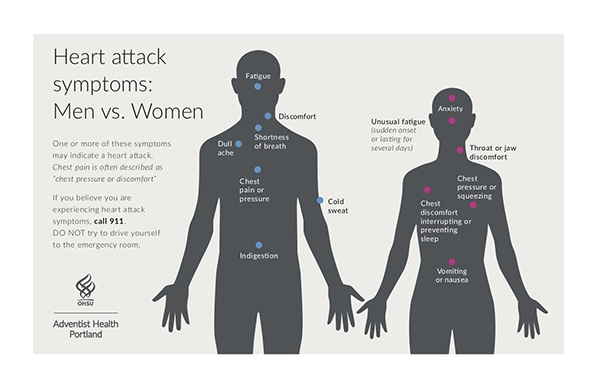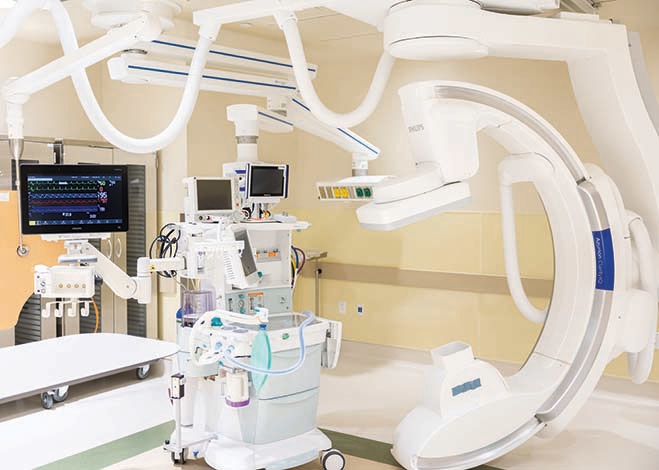Prostate Cancer: Early Detection Is Key to a Possible Cure
Aug 3, 2023

Men are great at so many things—but staying current on their preventive health screenings usually isn’t one of them. Even though early detection of illnesses such as prostate cancer is “key to a possible cure” according to Corey Warner, MD, an internal medicine physician in the Clearlake, California area. There’s help in September as we focus on Prostate Health Month and Dr. Warner has some tips for us.
When to screen
Every man, age 50 and older, should have the prostate-specific antigen (PSA) blood test completed. It is also recommended that African American men and those with a family history of prostate cancer begin prostate screenings earlier. African American men should begin screenings at age 45 and those with a family history should begin screenings 3-5 years prior to the age of a direct relative being diagnosed.
Why do men hesitate?
Aside from a busy schedule or a dislike of going to the doctor, there is also some disagreement about the efficacy of PSA tests, and some men are concerned about getting a false positive result.
However, Dr. Warner encourages his patients to use this screening tool since there is not another credible way to screen patients, and the risk of cancer doesn’t go away simply because the person is unaware of their status. “I tell them that, for me personally, I would rather have a false positive than an undetected positive,” says Dr. Warner. “As a clinician and a man, I follow these same recommendations.”
Are there signs & symptoms?
There are some signs of prostate trouble of which men should be aware. Those include blood in their urine, pain in the rectal, pelvic or lower back, and the inability to pass urine. While unexplained weight loss might be something to celebrate, it can also be a sign of illness.
Reduce your risk
Men like to be proactive problem solvers—and there are steps they can take to lower the risk of developing prostate cancer! Eat less red meat and more fruits and vegetables. Be active and maintain a healthy weight. Some studies have shown that a higher weight can mean an increased risk for prostate cancer.
One last piece of advice? “I encourage my patients to let their bodies be their guide. If there are any changes in your body or your health, see your doctor,” says Dr. Warner.


